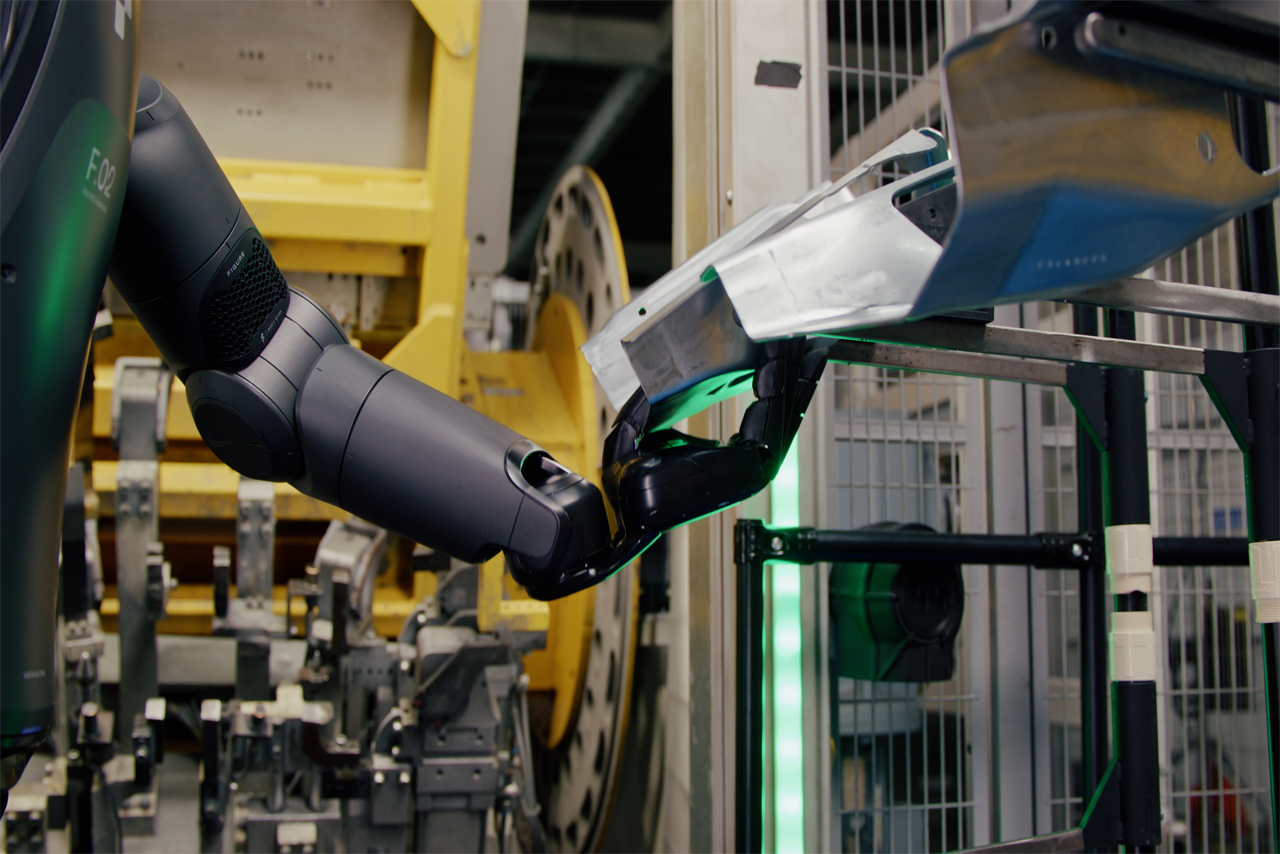Introduction
The robotics industry is evolving at an unprecedented pace, and one company is making headlines for its groundbreaking humanoid robots—Apptronik. Based in Austin, Texas, Apptronik is rapidly emerging as one of the most promising robotics companies in the world, developing Apollo, a humanoid robot designed to work alongside humans in industrial and commercial environments.
With a $403 million Series A funding round backed by major investors like Google, Mercedes-Benz, and NASA, Apptronik is well on its way to redefining how humanoid robots integrate into the workforce. But how did this company come to be, and what makes its technology so special? Let’s dive in.
The Origins of Apptronik: From NASA to the Real World
Unlike many robotics startups, Apptronik didn’t begin in a corporate R&D lab. Instead, it was founded in 2016 as a spinout from the Human-Centered Robotics Lab at the University of Texas at Austin. The company’s early work was deeply influenced by its contributions to NASA’s Valkyrie project, an advanced humanoid robot developed for space exploration.
Over the years, Apptronik experimented with various robotic designs, including exoskeletons, bipedal mobility platforms, and robotic arms capable of lifting more than their own weight. This hands-on research culminated in the development of Apollo—their most advanced humanoid robot to date.
Apollo: The Next Generation Humanoid Robot
Apptronik describes Apollo as the world’s first commercially viable, mass-producible humanoid robot. Designed to perform physical labor in warehouses, manufacturing plants, and logistics operations, Apollo aims to augment human workers, reduce costs, and increase efficiency in industrial settings.
Key Features and Capabilities
- Height: 173 cm – comparable to an average human for easy workplace integration.
- Weight: 73 kg – lightweight yet strong enough for demanding tasks.
- Lifting Capacity: 25 kg – optimized for warehouse and industrial work.
- Battery Life: Swappable 4-hour battery – ensuring minimal downtime.
- AI and Perception: Advanced sensors and machine learning enable Apollo to navigate dynamic environments, recognize objects, and adapt to changing conditions.
Unlike research-based robots such as Boston Dynamics’ Atlas, Apollo is built with mass deployment in mind, making it one of the most practical humanoid robots to date.
The Business Model: Why Apptronik is Positioned to Win
Many robotics companies face the challenge of turning their innovations into profitable, scalable solutions. However, Apptronik is approaching the market with a clear and strategic business model:
- Starting with Warehouses and Logistics:
- Warehousing and logistics are trillion-dollar industries that are ripe for automation.
- Companies like Amazon, Walmart, and FedEx rely on human workers for repetitive tasks that robots like Apollo could handle more efficiently.
- Scalability and Mass Production:
- Unlike expensive research robots, Apollo is designed for large-scale production, making it accessible to businesses of all sizes.
- Strategic Partnerships:
- Apptronik has secured deals with Mercedes-Benz, Jabil, and GXO Logistics, proving that major corporations see the potential of humanoid robots in their operations.
This combination of real-world applications, scalability, and corporate backing gives Apptronik a serious competitive edge.
Massive Funding and Industry Backing
Apptronik’s recent $403 million Series A funding round is a major milestone, showing the confidence that investors and industry leaders have in the company’s vision. The funding round included participation from Google, ARK Invest, Japan Post Capital, Magnetar, and RyderVentures, alongside Mercedes-Benz and NASA.
This capital will be used to:
- Scale production of Apollo and bring it to market.
- Expand into new industries, including healthcare, retail, and elder care.
- Further AI and robotics development, making Apollo even smarter and more efficient.
With this level of funding and strategic support, Apptronik is positioned to lead the humanoid robotics revolution.
The Future of Apptronik and Humanoid Robotics
Apptronik envisions a future where humanoid robots like Apollo become as commonplace as industrial robotic arms. The company aims to expand its technology beyond warehouses into construction, oil and gas, healthcare, home delivery, and disaster response.
One of the most exciting aspects of Apptronik’s vision is its focus on making robots not just functional, but also safe, user-friendly, and mass-deployable. This sets it apart from many competitors who focus primarily on research and prototype development.
But the big question remains: How soon will humanoid robots become a regular part of our daily lives?
Conclusion: Is Apptronik the Future of Work?
Apptronik is not just another robotics startup—it’s a company with a clear roadmap, real-world applications, and industry-leading backing. With Apollo, it aims to revolutionize multiple industries, making humanoid robots a practical reality rather than just a futuristic concept.
As the robotics industry continues to grow, Apptronik stands out as one of the key players leading the charge. If successful, the company could play a major role in shaping the future of work, changing how businesses operate and how humans interact with machines.
So what do you think? Will humanoid robots like Apollo become a normal part of the workforce in the next decade? Let us know your thoughts in the comments below!
Stay Updated
For more insights into the future of robotics and AI, follow us for updates on the latest trends, innovations, and industry breakthroughs.
#Apptronik #ApolloRobot #HumanoidRobotics #FutureOfWork #AI #Automation #TeslaOptimus #BostonDynamics #IndustrialAutomation






